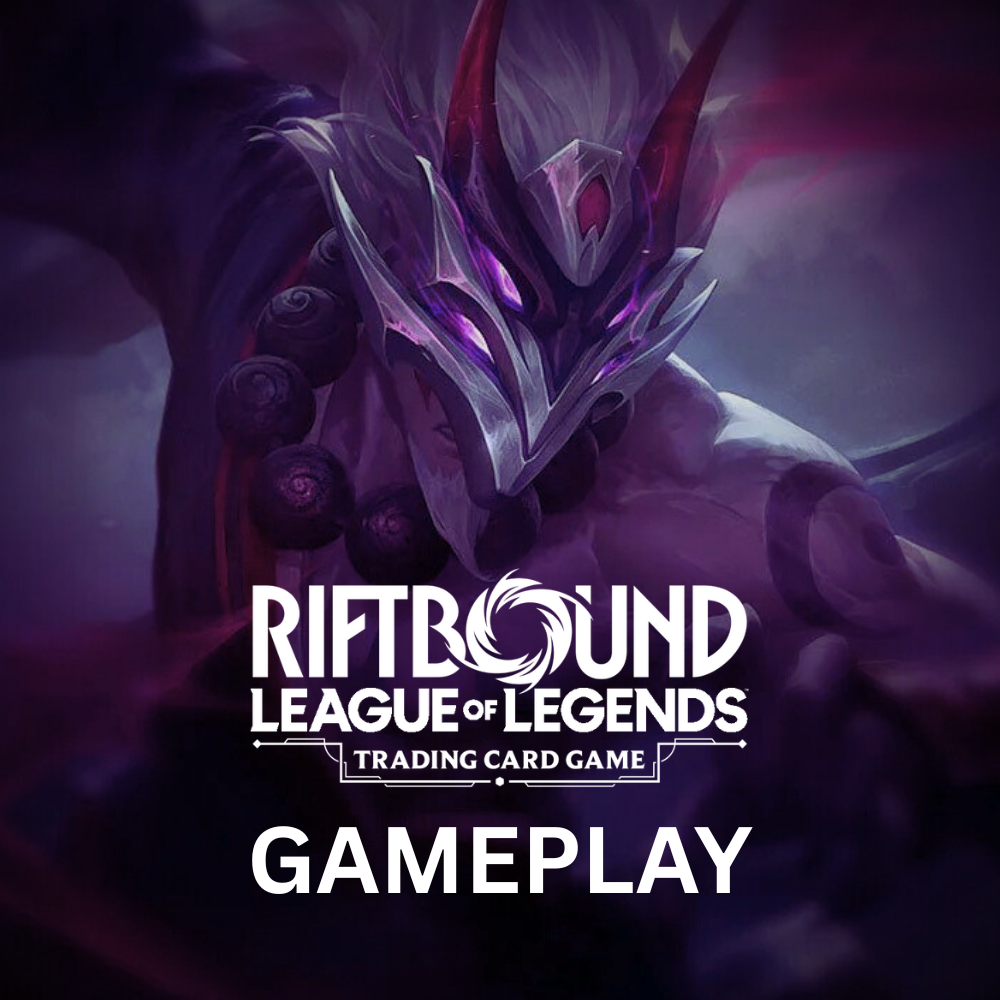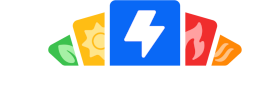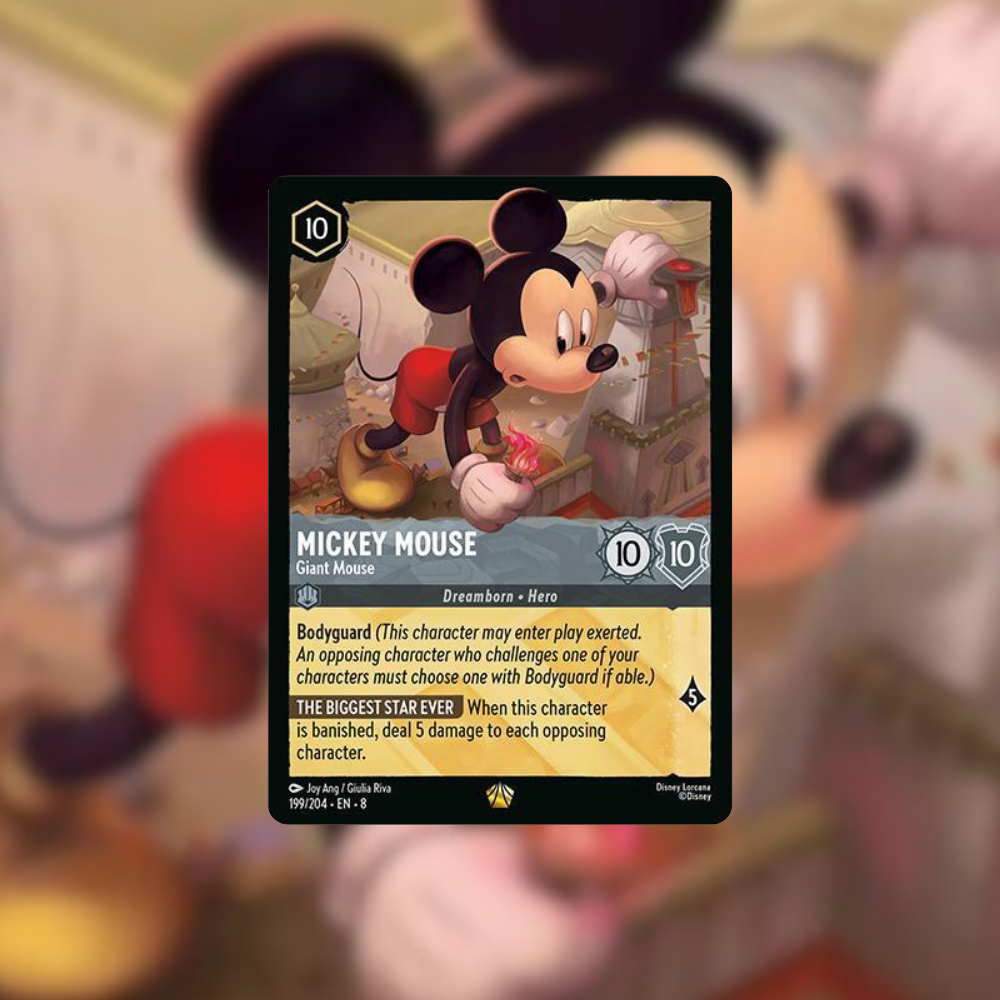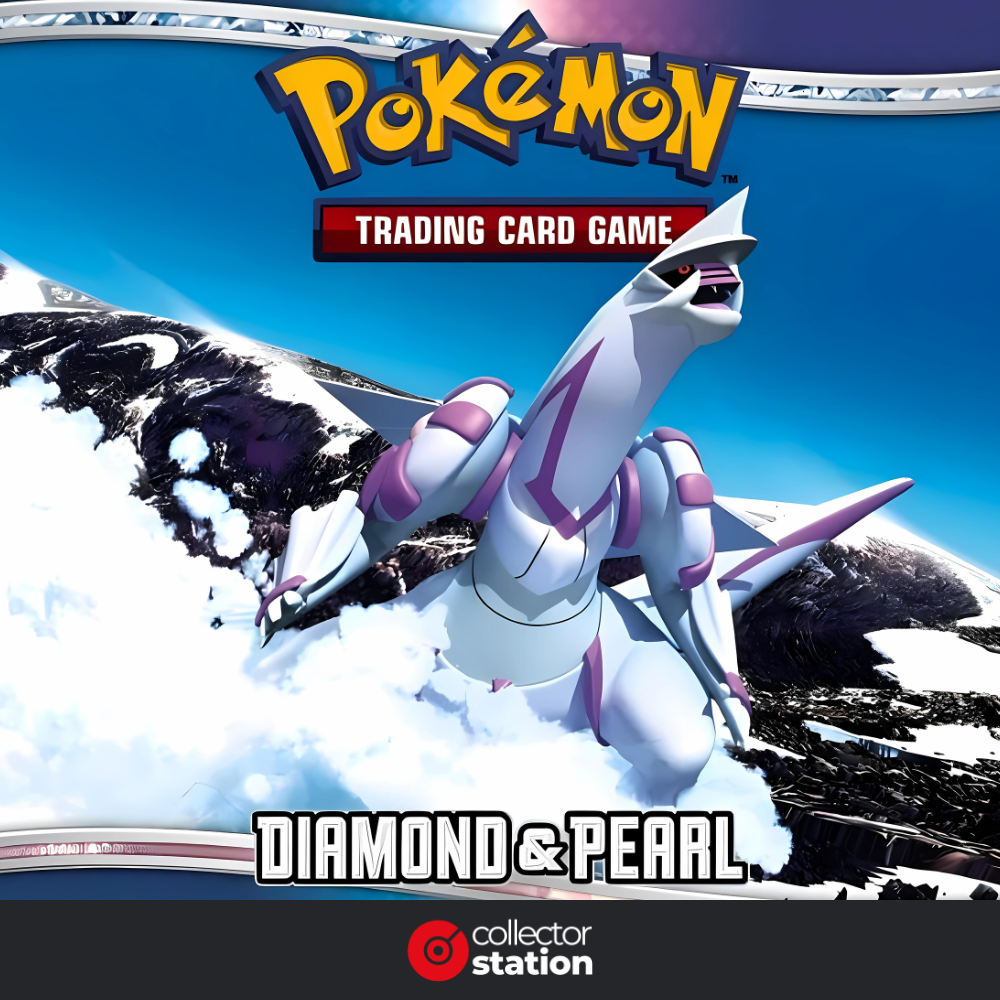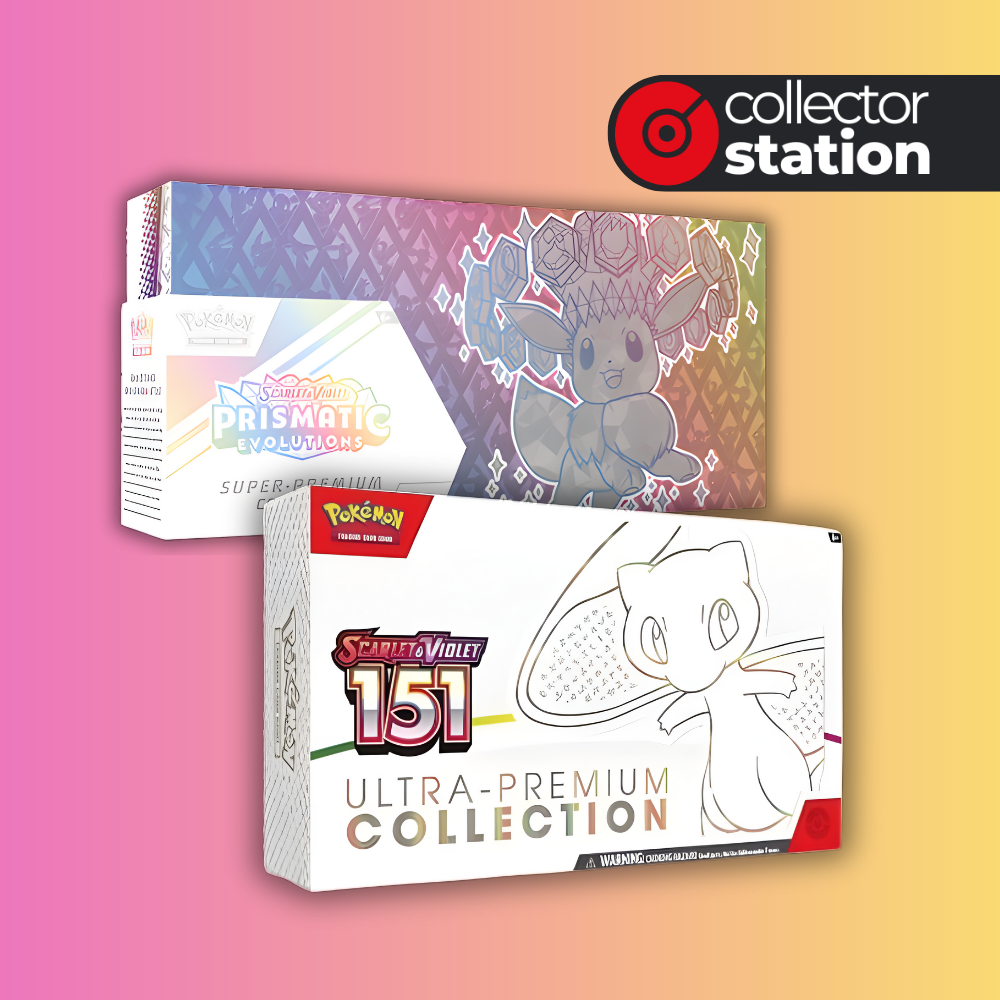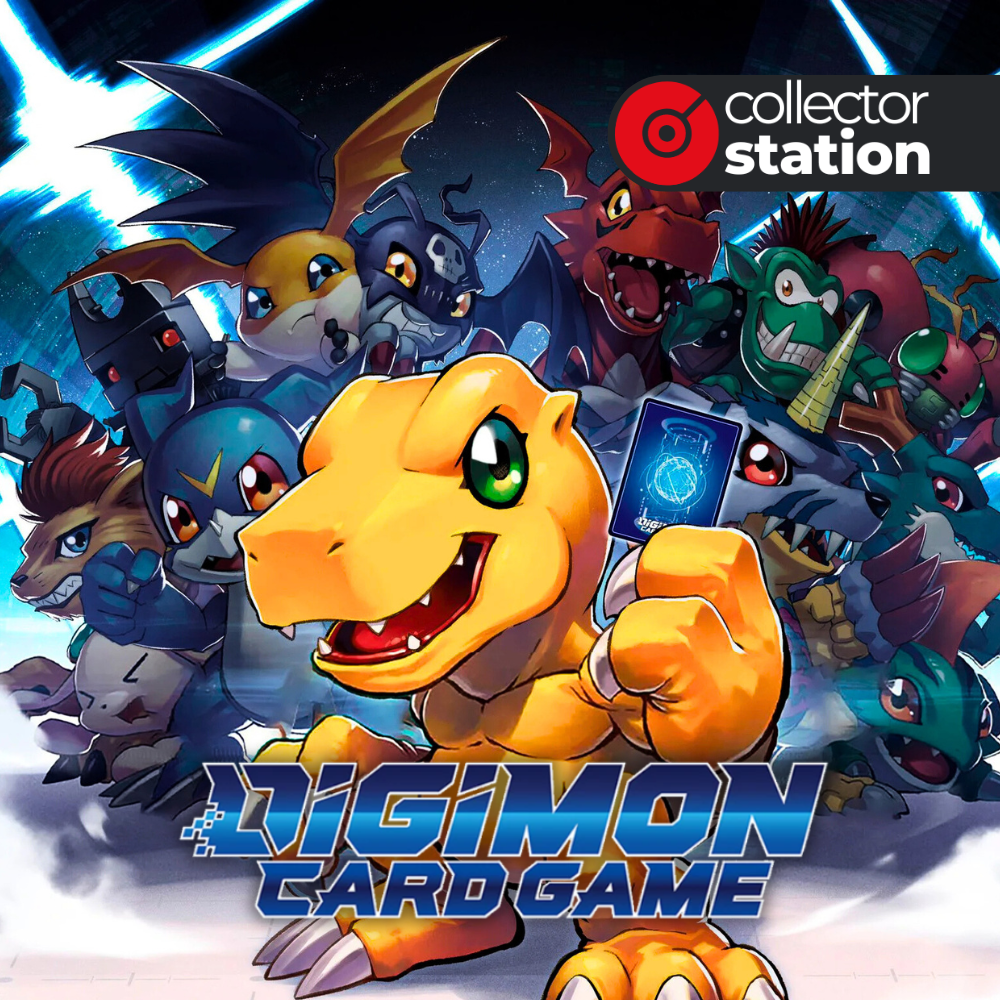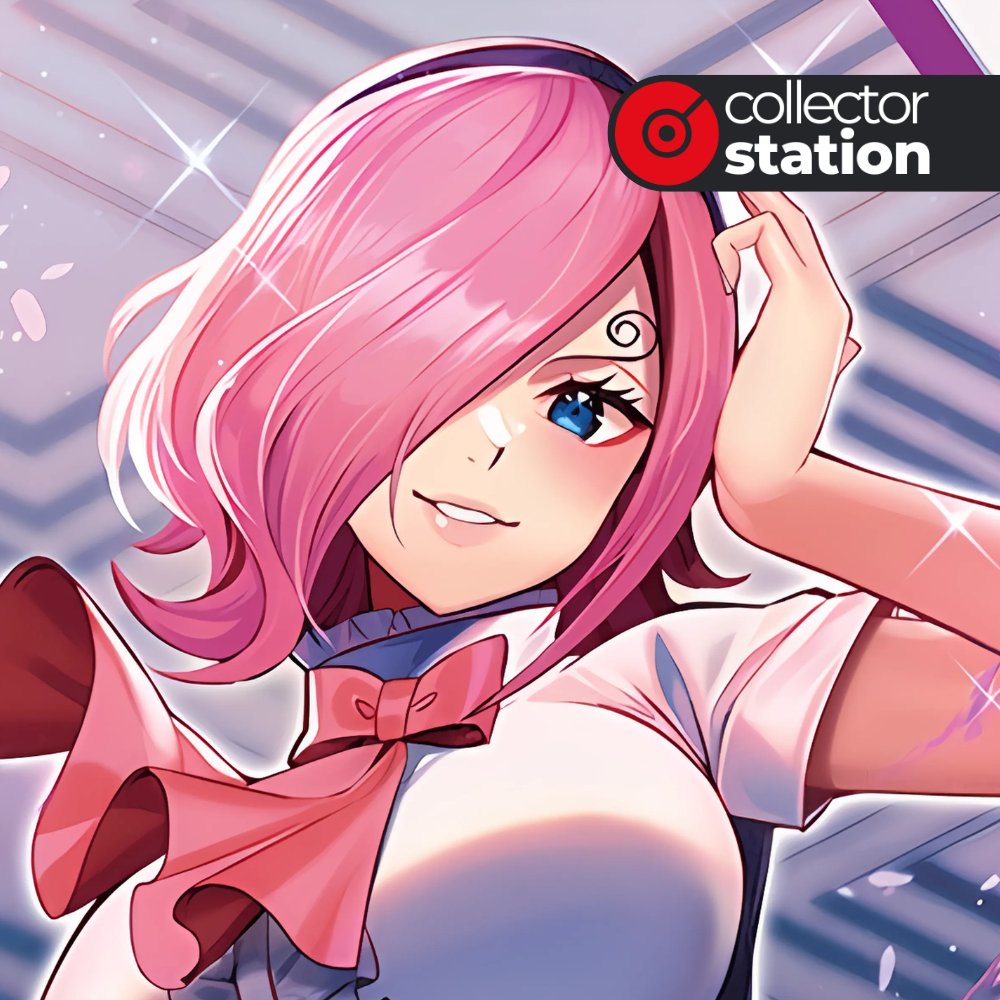If you’ve ever dreamed of commanding the power of Jinx’s chaos, Yasuo’s precision, or Viktor’s intellect in a dynamic card game rooted in the League of Legends universe, get ready: Riftbound is here to change the game—literally.
Published by Riot Games and distributed by UVS Games—a company backed by a team with nearly two decades of experience in trading card games—Riftbound is a strategic, fast-paced TCG that blends tactical combat, deck mastery, and rune-fueled strategy. Whether you’re a seasoned TCG veteran or a total newcomer, this guide will have you battlefield-ready in no time.
What is Riftbound?

Riftbound is a tactical trading card game (TCG) for 2–4 players, set in the world of Runeterra. It brings iconic champions and lore from League of Legends to life through competitive, strategic gameplay focused on conquering and holding battlefields.
Victory Conditions:
- 1v1 games: First to 8 points wins.
- 2v2 or multiplayer (up to 4 players): First to 11 points wins.
You’ll need synergy, foresight, and clever manipulation of your decks to prevail.
Loadout Breakdown: What You Bring to Battle
Every summoner plays with:
Legend Card

- Your leader and tactical identity.
- Legends don’t enter the battlefield, but provide powerful support abilities.
- Each has two rune identities (e.g., Fury + Chaos).
- They determine which rune types and Champion versions you can use.
Champion (Part of Your Main Deck)
- Your avatar on the battlefield.
- Must share the same name and one rune identity with your Legend.
- Example: A Fury Jinx can only be paired with a Fury or Chaos Jinx Champion, not Mind Jinx.
- Included in your 40-card Main Deck (not separate).
Rune Deck (12 Cards)
- Your resource engine.
- Build 2 runes per turn, or 3 if you go second on the first turn.
- Exhaust runes to pay card costs.
- Recycle (put on bottom of rune deck) to meet power requirements.
Main Deck (40 Cards Minimum)
- Includes Units, Spells, Gear, and your Champion.
- Maximum of 3 copies per card.
- You effectively play with 39 cards + your Champion.
Battlefield Deck (3 Cards)
- Choose 3 battlefields that suit your strategy.
- In 1v1, 2 are randomly used.
- In 2v2/multiplayer, all 3 are used, with one randomly excluded.
Card Types Explained
Gear

- Played to your base.
- Example: Seal of Fury.
- Some generate power or reduce power costs.
- Enter play ready—usable immediately.
Spells

- Manipulate units, draw cards, adjust power, or deal damage.
- Three spell speeds:
- Base – Only outside of showdowns.
- Action – Inside or outside showdowns.
- Reaction – Fastest; respond to abilities or other spells.
Stack Rules: Spells resolve last-in, first-out. You can bluff having a Reaction spell for tactical mind games.
Units

- These are your troops.
- Defined by:
- Cost (top left)
- Power requirement
- Might = attack + health
- Units enter exhausted and can be placed in your base or a controlled battlefield.
How to Set Up & Start a Game
- Place your Legend in the Legend Zone.
- Choose a Champion that fits the Legend’s name and rune identity.
- Shuffle your Main Deck and Rune Deck.
- Determine first player (random).
- Choose battlefields:
- Best of one: Random battlefield.
- Best of three: Choose battlefields.
- Draw 4 cards.
- Mulligan: Place up to 2 cards on the bottom of your deck (not shuffled), then redraw the same number.
First Turn Advantage
- Player 1: Draw 1 card, build 2 runes.
- Player 2: Draw 1 card, build 3 runes (only on their first turn).
Playing Cards
- Exhaust runes to meet top-left cost.
- Recycle runes to fulfill power cost (rune identity must match).
- Units enter base or a controlled battlefield exhausted.
- Gear enters ready.
- Spells follow the “do as much as you can” rule—partial resolution applies if the cost is paid.
Controlling Battlefields & Scoring Points

To Conquer:
- Move a ready unit to an unoccupied battlefield, exhaust it.
- Score 1 point and trigger any battlefield effect.
To Hold:
- If you still control that battlefield at the start of your next turn, score 1 more point.
To Retreat:
- Exhaust a ready unit to move it back to base.
- No double-scoring from the same battlefield in a turn.
Showdowns: Combat Rules

If an enemy controls a battlefield:
- Move your unit(s) in—this starts a showdown.
- Defender acts first with spells/abilities.
- Alternate playing actions/reactions.
- Tally might and assign damage.
- Units with damage ≥ might are destroyed.
- If the attacker survives and defender is cleared, you conquer the battlefield.
- All surviving units heal to full after the showdown.
How to Win
Once you hit 7 points, the final point (8th or 11th) has a special rule:
You must:
- Hold a battlefield until your next turn, or
- Score on all battlefields in a single turn.
If you would have scored the final point but didn’t meet this condition, you draw a card instead.
In multiplayer, scoring on all 3 battlefields in one turn is required—expect alliances, betrayals, and chaos.
Why Riftbound Rocks
- Deep strategy in deckbuilding, battlefield control, and bluffing.
- Quick, impactful showdowns.
- Immersive integration with League of Legends lore.
- Dynamic, skill-rewarding mechanics.
Riftbound isn’t just another TCG. It’s a cerebral, combat-rich experience where every card, rune, and bluff matters. Choose your legend. Shape your strategy. Outplay your rivals.
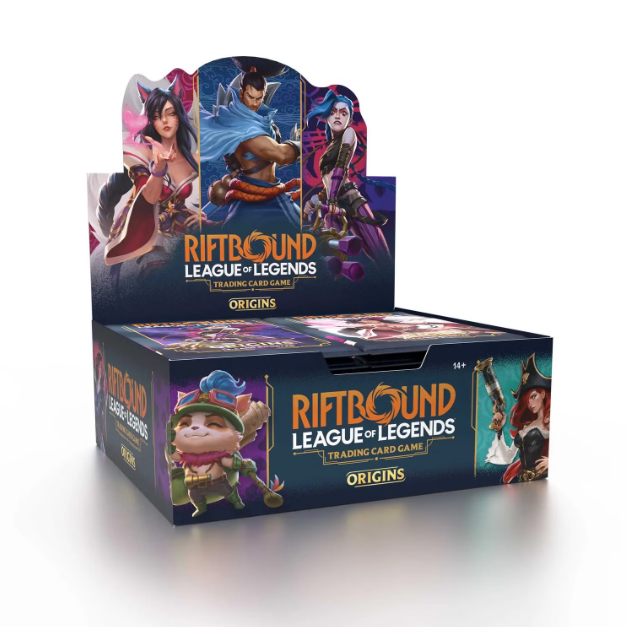
As Riftbound makes its debut, early listings are beginning to emerge. Explore what’s available now on eBay and TCGPlayer.
Shuffle your deck. Summon your champion. Conquer the Rift.
We’ll see you on the battlefield.

Disclaimer: Links on this page use a referral system that helps support the content—at no extra cost to you.

